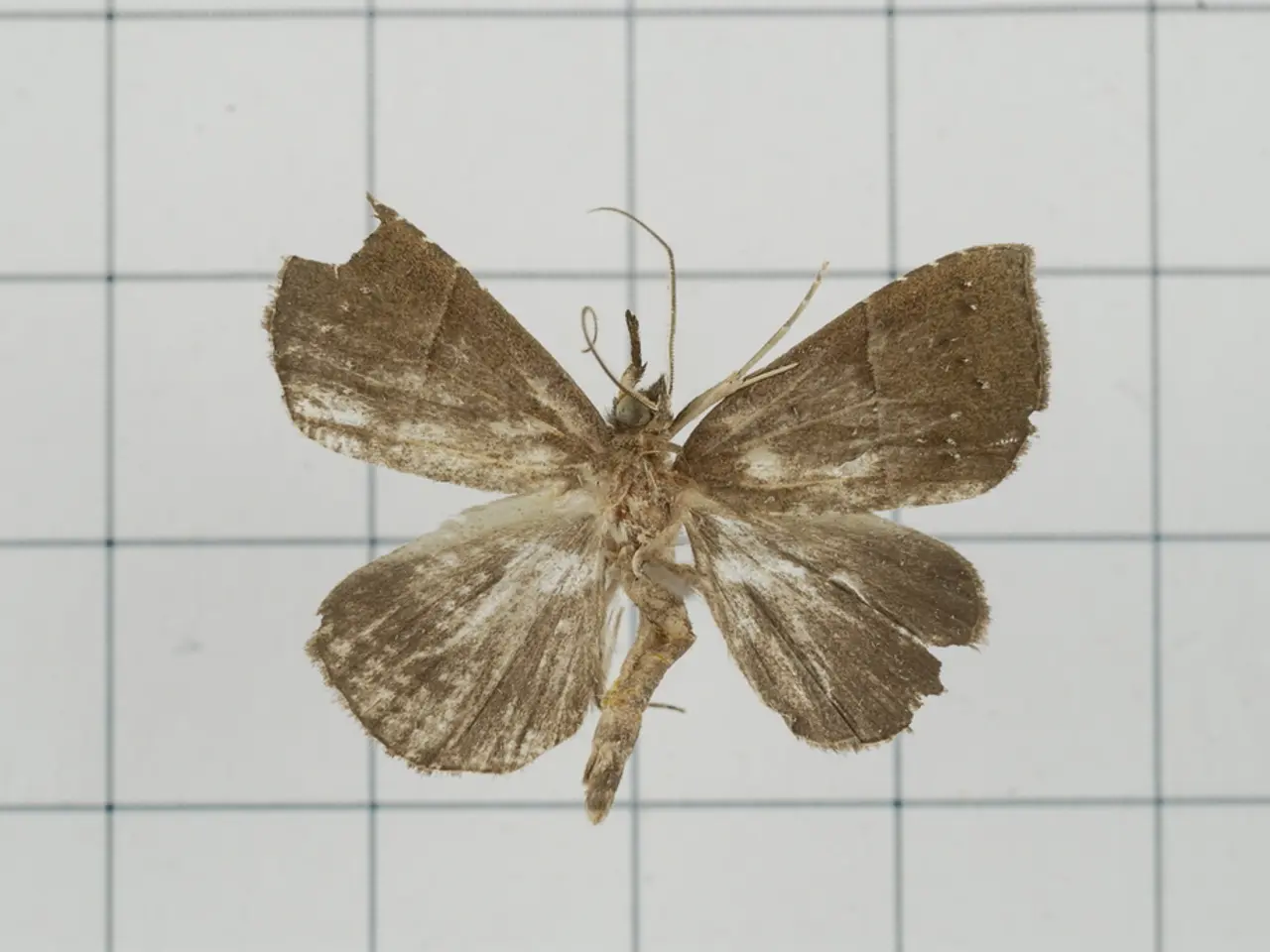Preparing for an Urgent Pest Control Scenario: A Guide
A pest-free home is achievable with regular maintenance, cleanliness, and proactive measures. Here are some key strategies to prevent and handle unexpected pest infestations in your home.
Seal All Entry Points
Sealing entry points is crucial in preventing pests from entering your home. Install door sweeps, weather-stripping, and seal cracks or gaps in doors, windows, walls, foundations, and around pipes with caulking or steel wool. Repair damaged window and door screens promptly to keep insects and rodents at bay [1][2][4][5].
Eliminate Food and Water Sources
Pests are attracted to accessible food and water. Clean up crumbs and spills immediately, keep countertops and floors clean, store food in airtight containers, seal garbage cans tightly, fix leaky plumbing, and reduce moisture with dehumidifiers if necessary. By removing these attractants, you discourage infestation [2][3][5].
Maintain Cleanliness and Reduce Clutter
Regularly declutter your home to remove pest hiding and breeding spots like cardboard stacks or piles of paper. Also, regularly clean gutters and remove debris from around the home that could harbour pests [2][5].
Use Natural Deterrents and Traps
Spraying mixtures like citrus solvent and water (for ants), garlic or peppermint oil sprays (for roaches), or vinegar sprays to erase ant trails can reduce pest activity. Natural powders like diatomaceous earth act as physical insect deterrents. Consider essential oils (peppermint, tea tree, lavender) as repellents [1][2][3][5].
Regular Inspections and Preventative Maintenance
Routinely inspect basements, attics, crawl spaces, and exterior areas for early signs of pests (droppings, nests, damage). Seasonal maintenance such as checking rodent activity in fall or landscaping inspections in spring help prevent infestations [4][5].
Immediate Actions When Infestation Occurs
Identify infestation signs quickly, seal entry points immediately, clean affected areas thoroughly, remove attractants, set traps, and consider consulting professional pest control if the infestation is severe or persistent [2][5].
Preparing for a Pest Emergency
Having emergency contacts ready will save time and stress when a pest emergency occurs. Keep a list of emergency pest control contacts in an easy-to-find place. Choose a licensed, insured, and trained staff pest control company with competitive prices and services. In case of a pest emergency, call the pest control company immediately [6][7].
Stay Vigilant
Maintaining a clean and tidy home can help deter pests. Regular inspections of your home and sealing utility pipe entry points can drastically reduce pest invasions. Having neighbours' numbers handy in case of pest emergencies can also prove beneficial [8][9].
By combining these approaches—sealing, cleaning, monitoring, natural deterrents, and prompt action—homeowners can effectively prevent and manage unexpected pest infestations while minimizing reliance on harsh chemicals [1][2][3][4][5].
- Maintaining a clean and tidy home, particularly by sealing entry points, eliminating food and water sources, and reducing clutter, helps in creating an uninviting environment for pests and can significantly reduce their infestations.
- Regular inspections of your home, including basements, attics, and exterior areas for early signs of pests, and preparing for a pest emergency by keeping emergency contacts handy, can help homeowners stay proactive and effectively manage unexpected pest infestations.




